We may think we're clever with our internet-connected fridges and the inherent eroticism ofsuch, but the reality is much of what sustains us depends on simple things.
Having enough rain and not too much. For the sun to warm us, but not too much. Climate change is set to change all that.
Human history is marked by our sensitivity to natural changes in the climate, but this narrow band of comfort -- where conditions are best for supporting our food, our water and our health -- is fast being upended by man-caused global warming. What can we learn from the past?
SEE ALSO: Insane drone footage shows massive damage and flooding at California's Oroville DamThis question was explored by epidemiologist Tony McMichael at the Australian National University, who died in 2014, leaving his work Climate Change and the Health of Nationsunfinished. The book has since been completed by environmental historian Cameron Muir and epidemiologist Alistair Woodward, and published in February.
Woodward, head of epidemiology at the University of Auckland, spoke with Mashableabout what the past, seen through the lens of climate change, can tell us about the future.
What is the "Goldilocks zone" referred to in the book? What does it mean for our health?
Everyone knows who Goldilocks was and the porridge that wasn't too hot, wasn't too cold. It was just right. Human life generally operates on the same principle. When it comes to our health and wellbeing, we really are dependent on our environment being in the "just right" zone.
We're physiologically evolved to manage within a particular climatic zone, and on top of that, we have social and cultural adaptions to climate that mean our houses are built in a particular style, we wear a particular type of clothes, we spend more or less time out of doors.
But if climate changes quickly, whether temperature goes up or down, we're stressed. And one of the expressions of that stress is a greater vulnerability to disease, injury and ill-health.
 Smog over the City of London. Not good. Credit: Photography/REX/Shutterstock
Smog over the City of London. Not good. Credit: Photography/REX/Shutterstock How could climate change contribute to and amplify ill health, as you write in the book?
From the health point of view, climate change is not going to lead to a whole host of problems we've never heard of before. There may be some, but they'll be in the minority. On the whole, we expect climate change will worsen problems we're alreadywrestling with.
Mosquito-born infections are one example of that. Water born infections -- infections getting into the water supply -- are a problem around the world.
"If the power supply goes down, then we are worse off than we would have been if we had never lived with air-conditioning."
In New Zealand, the threat we face is the effect of industrial-scale farming, particularly dairy farming, on the quality of fresh water and the risk of pathogens getting into our drinking water. That's a risk that is multiplied when you have a climate characterised by extremely heavy rainfall and long periods of drought.
What will make our current period different from past experiences of climatic change?
Are we as vulnerable as people were in the past? Obviously, we've got many potential defences we can call on, but remember it's only a third of the world that has air conditioning. Two thirds are as exposed to climatic hardship as people were in the time of the Roman Empire.
There are aspects of our modern world that actually put us at greater risk, and that's become apparent with things like Hurricane Katrina and major European heatwaves.
The fact that a third of the world's population has become accustomed to living in air conditioning means we've become very dependent on 24/7 power supply. If the power supply goes down, then we are worse off than we would have been if we had never lived with air-conditioning, because we live and work in a tower of glass and steel.
What humans are producing in the world's climate system is orders of magnitude greater than what people experienced in the past. The possibility that the world will warm another three or four or five degrees in the next 100 years -- that's never been experienced before.
What we're contemplating here is climate change of a different scale, and that's significant because adaptation is rate dependent. Our success in managing environmental change depends critically on how fast it occurs.
 A zodiac carrying a team of international scientists heads to Chile's station Bernardo O'Higgins, Antarctica. Credit: Pisarenko/AP/REX/Shutterstock
A zodiac carrying a team of international scientists heads to Chile's station Bernardo O'Higgins, Antarctica. Credit: Pisarenko/AP/REX/Shutterstock One thing that's pointed out in the book is that global warming is no respecter of wealth.
It's certainly true that many people feel cleverness and technology and wealth will enable us to adapt when we really have to, rather than facing the challenge of making changes in advance.
Well, it won't will it? You just need to think about the Victorian bushfires in Australia in 2009. One of the wealthiest countries in the world and how many people died? Hundreds in extraordinary devastation. That was because of the severity of the challenge -- the fires moved faster than ever before, they burned hotter than ever before.
Do you think our failure to understand human history and climate as closely related has been one reason why we haven't faced this challenge head on?
There was a period when historians wrote freely about climate and human events, and it was accepted that climate was an important influence on health, productivity and civil order. And then roughly in the middle of the 19th century onwards, that point of view was not so popular.
I think it was the industrial revolution. This awareness that humans were able to achieve remarkable things, to transform the landscape, to prevent disease -- to produce enormous suffering as the result of industrial-scale warfare.
My hunch is all those things soaked into the historical thinking and led to a shift from the natural environment to thinking about the actions of humans.
So we got infatuated with our ability to change human history? We forgot about outside forces?
Yes, that's right. Tony believed in the power of reason and debate and argument. We can fix this problem, he believed. I believe. It's more a matter of will and awareness.
I hope the book will provide knowledge and that it will ultimately stir greater willingness to act.
This interview has been edited and condensed for clarity.
Topics Health
 Houston Rockets vs. Dallas Mavericks 2025 livestream: Watch NBA online
Houston Rockets vs. Dallas Mavericks 2025 livestream: Watch NBA online
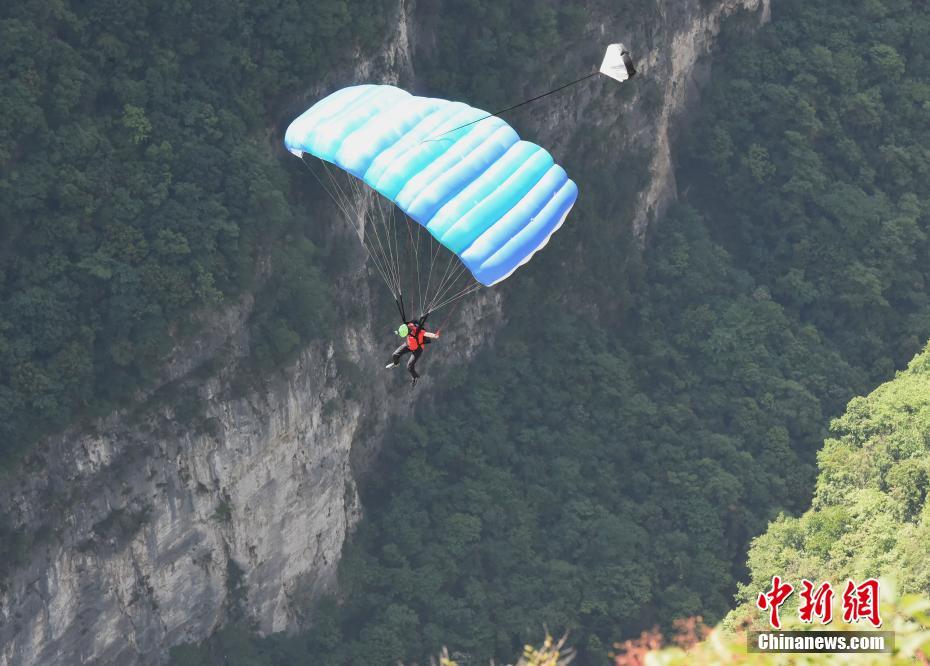 As Trump enables crypto corruption, Meta wants back in the stablecoin space
As Trump enables crypto corruption, Meta wants back in the stablecoin space
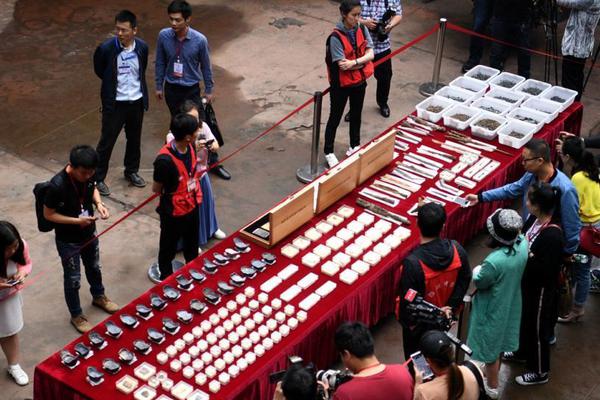 'The Last of Us' Season 2, episode 6: Did you notice Joel's watch?
'The Last of Us' Season 2, episode 6: Did you notice Joel's watch?
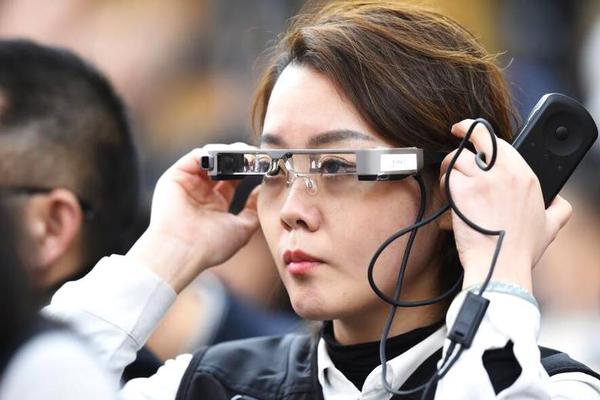 12 Ways Black Friday 2013 Will Be Different
12 Ways Black Friday 2013 Will Be Different
 Eurovision 2025 livestream: How to watch Eurovision for free
Eurovision 2025 livestream: How to watch Eurovision for free
 NYT mini crossword answers for May 19, 2025
NYT mini crossword answers for May 19, 2025
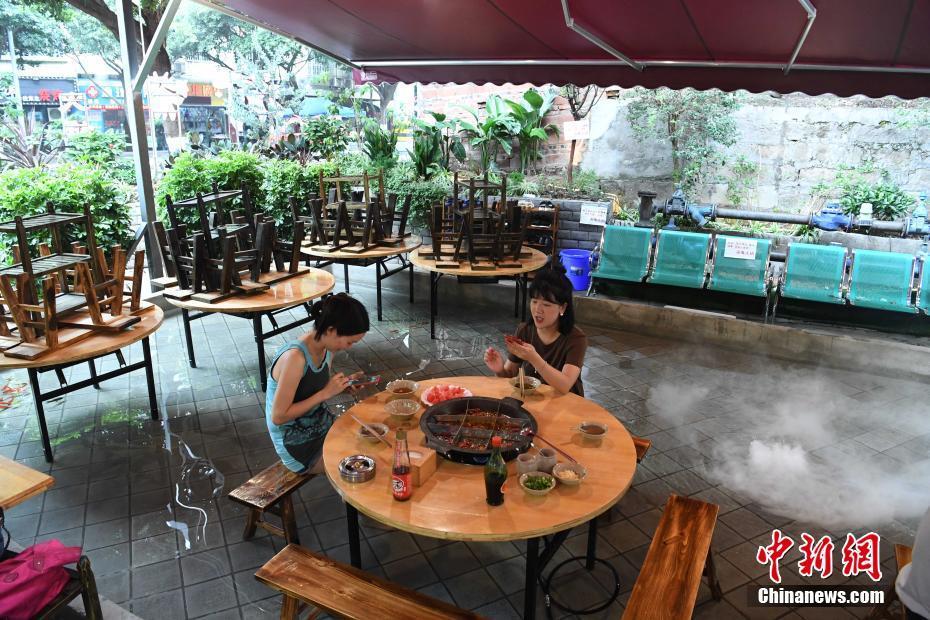 Xbox One: Entertainment Hub First, Gaming Console Second
Xbox One: Entertainment Hub First, Gaming Console Second
 Apple MacBook Air deal: $899 at Best Buy
Apple MacBook Air deal: $899 at Best Buy
 Best Fire Stick deal: Save $15 on Amazon Fire Stick HD
Best Fire Stick deal: Save $15 on Amazon Fire Stick HD
 Report: Match Group dating apps conceal assault cases
Report: Match Group dating apps conceal assault cases
 Wordle today: The answer and hints for May 19, 2025
Wordle today: The answer and hints for May 19, 2025
 Dyson V8 Plus cordless vacuum: $120 off at Amazon
Dyson V8 Plus cordless vacuum: $120 off at Amazon
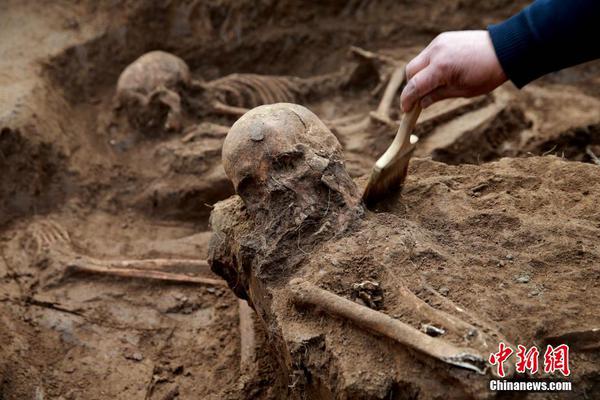 NYT Strands hints, answers for May 17
NYT Strands hints, answers for May 17
 Precursors to Today's Technology: These Products Had the Right Vision
Precursors to Today's Technology: These Products Had the Right Vision
 12 Ways Black Friday 2013 Will Be Different
12 Ways Black Friday 2013 Will Be Different
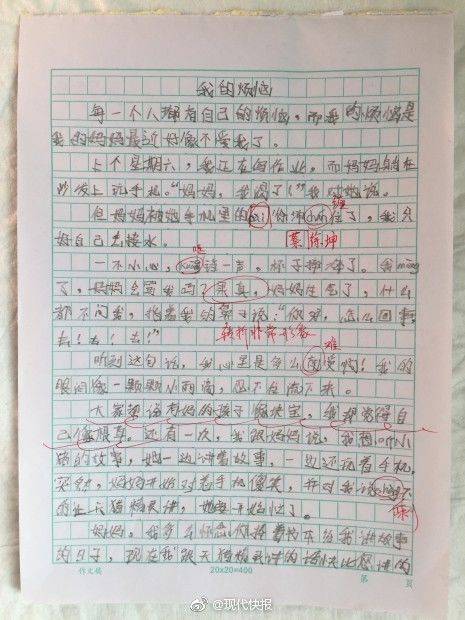 NYT Connections hints and answers for May 19: Tips to solve 'Connections' #708.
NYT Connections hints and answers for May 19: Tips to solve 'Connections' #708.
 NYT Connections Sports Edition hints and answers for January 19: Tips to solve Connections #118
NYT Connections Sports Edition hints and answers for January 19: Tips to solve Connections #118
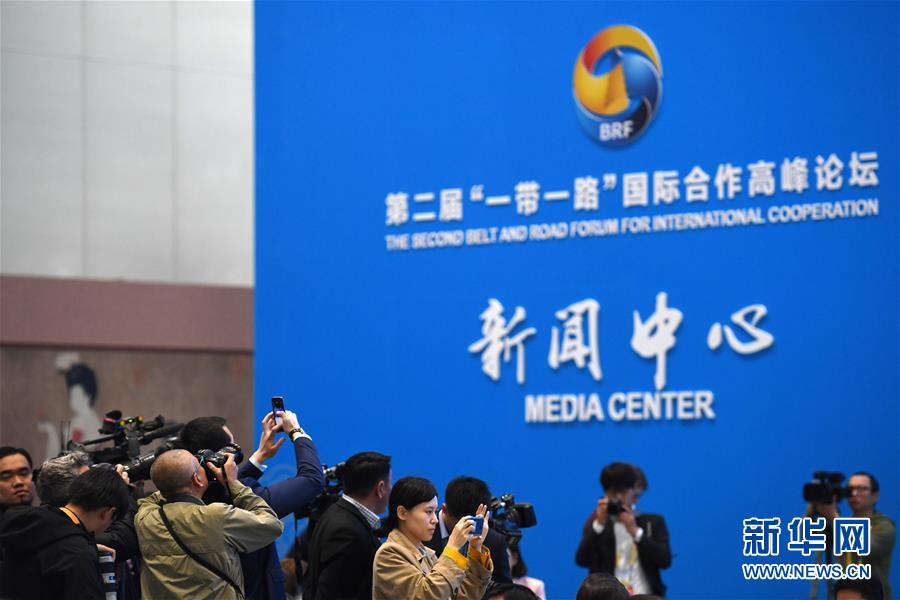 Today's Hurdle hints and answers for May 17, 2025
Today's Hurdle hints and answers for May 17, 2025
Best smartphone deal: Save $400 on the Google Pixel 8 Pro at AmazonBest Anker deal: Save $12 on Soundcore 2 portable speakerBoston Celtics vs. New Orleans Pelicans 2025 livestream: Watch NBA onlineBest TCL TV deal: Save $1,500 on the Q6 4K QLED at Best BuySacramento Kings vs. Philadelphia 76ers 2025 livestream: Watch NBA onlineBest smartwatch deal: Get $50 off the OnePlus Watch 2 plus a free bandElon Musk admits that Tesla will have to replace old computers for FSD buyersBest Costco deal: Save $15 on delivery orders of $50 or moreWordle today: The answer and hints for January 29, 2025Sri Lanka vs. Australia 2025 livestream: Watch 1st Test for freeWhat DeepSeek's privacy policy means for your personal dataBest smartwatch deal: Get $50 off the OnePlus Watch 2 plus a free bandLos Angeles Lakers vs. Washington Wizards 2025 livestream: Watch NBA onlineBest Costco deal: Save $15 on delivery orders of $50 or moreBest RTX 5080 gaming PC deal: CyberPowerPC Gamer Supreme for $2,699.99Best TCL TV deal: Save $1,500 on the Q6 4K QLED at Best BuyNYT mini crossword answers for January 31, 2025Best GPU deal: Get the MSI RTX 5080 for $1,249.99 at Best BuyTesla profits dropped by 70 percent last quarterStephen King's 'The Monkey' review on Threads is pretty unambiguous Jennifer Aniston's husband gave her the best Thanksgiving surprise this year These striking photos showcase Australia's unique ecology People think Lena Headey would be perfect for this 'Star Wars' character The Nintendo NES Classic Edition gets a wireless controller This cartoon is the most touching tribute to the soccer players killed in plane crash Will Negan die in Walking Dead Season 7? Don't count on it Chapecoense: The meteoric rise that made the horrific tragedy worse Super dangerous Brazilian motorcycle chase is something out of an action film Banana leaf Hermès bag resurfaces as a meme in Asia because street food How it felt to not know Trump won the election for 2 whole weeks The 10 things on Netflix you need to download today, because you can do that now These online maps are tracking the outbreak of violence and harassment in America Burger King announces Cheesy Tots with help from Napoleon Dynamite and Pedro The Kickstarter campaign that's making fidgeting sexy Activist's Twitter campaign prompts advertisers to flee Breitbart Boom time is over: Startups are failing as funding dries up Serena Williams pens letter on sexism and perseverance Fox Sports Brazil honors plane crash victims with powerful 90 minutes of silence Moonwalker Buzz Aldrin evacuated from the South Pole Assassin's Creed VR Experience' for Oculus Rift delivers immersive version of the film
2.5173s , 10220.453125 kb
Copyright © 2025 Powered by 【the inherent eroticism of】,Prosperous Times Information Network